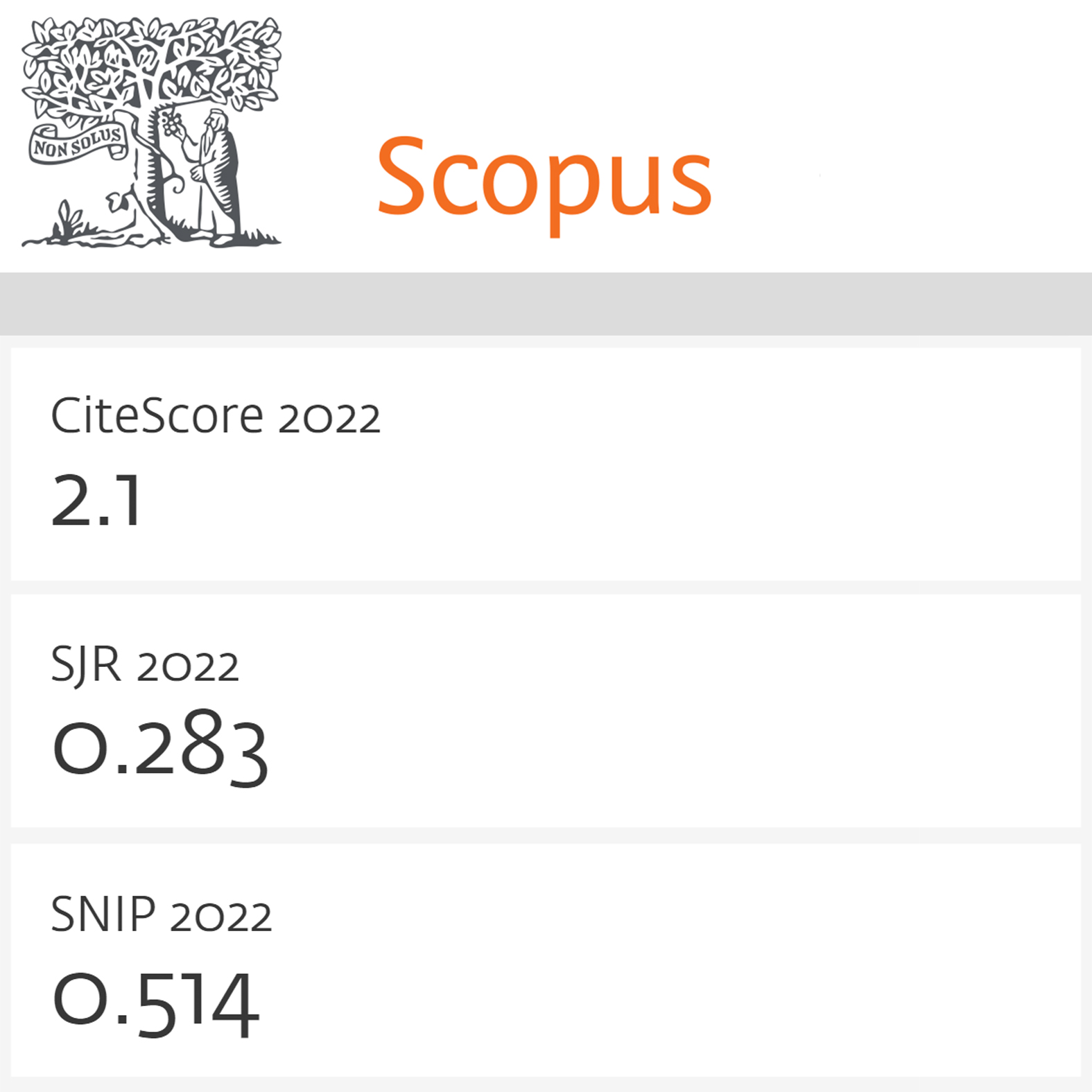Devising a method for the estimation and prediction of technical condition of ship complex systems
DOI:
https://doi.org/10.15587/1729-4061.2016.85605Keywords:
complex technical systems, risk of failure, estimation of technical condition, prediction of technical condition, cognitive modelsAbstract
In the course of devising and examining a method for the estimation and prediction of technical condition of ship CTS, operated under conditions of unpredictable extreme and technogenic impacts, we received new theoretical and practical results. A place in the hierarchy and topology of the FIIS elements of ship CTS is defined based on the characteristics of the energy, material and information resources used by the systems in the devised method for the estimation and prediction of technical condition of CTS.
The most vulnerable elements of FIIS of ship CTS are found with regard to their weight values in the systems, obtained by cognitive imitation and fuzzy simulation. The CTS elements, prone to failures, are determined by their advance detection by modeling the processes of decision making support in the search for reasons of failures. The strategy of restoring the FIIS elements of ship CTS with decision making support when searching for the reasons of their failures is based on the prediction of change in the probability of losing working ability and risk of failures of the elements. The obtained results improve reliability of ship CTS in the operation under conditions of extreme and technogenic impacts.
References
- Vychuzhanin, V. V., Rudnichenko, N. D. (2014). Technical risks of complex systems are functionally interrelated structural components of ship power plants. Vestnik Odeskogo natsіonalnogo morskogo unіversitetu, 2, 68–77.
- ISO 13381-1: Condition monitoring and diagnostics of machines - Prognostics - Part 1 (2015). General guidelines, 21.
- Vychuzhanin, V. V., Shibaeva, N. O. (2016). Information support remote risk assessment of complex technological systems. Сomputer science is the method in matematichnі modelyuvannі, 2, 133–141.
- IEC 60812: (2006). Analysis techniques for system reliability - Procedure for failure mode and effects analysis (FMEA), 11.
- Vychuzhanin, V. V., Rudnichenko, N. D. (2014). Assessment of risks structurally and functionally complex technical systems. Eastern-European Journal of Enterprise Technologies, 1 (2 (67)), 18–22. doi: 10.15587/1729-4061.2014.19846
- Rudnicki, V. I., Rudnicki, A., Vinogradov, V. S. (2011). Information management software reliability marine equipment. Proceedings of the R. E. Alekseeva Nizhny Novgorod State Technical University, 2, 147–154.
- Medvedev, V. (2008). The use of forecasting and risk assessment in the design of ship power installations and their elements. Shipbuilding, 6, 159–164.
- Beetz, M., Buss, M., Wollherr, D. (2007). Cognitive technical systems–what is the role of artificial intelligence? Lecture Notes in Computer Science, 19–42. doi: 10.1007/978-3-540-74565-5_3
- Schwenk, C. R. (1988). The cognitive perspective on strategic decision making. Journal of Management Studies, 25 (1), 41–55. doi: 10.1111/j.1467-6486.1988.tb00021.x
- Wulan, M., Petrovic, D. (2012). A fuzzy logic based system for risk analysis and evaluation within enterprise collaborations. Computers in Industry, 63 (8), 739–748. doi: 10.1016/j.compind.2012.08.012
- Shtovba, M. D. (2007). Design of fuzzy systems MATLAB means. SPb.: Hotline – Telecom, 288.
- Jensen, F. V., Nielsen, T. D. (2007). Bayesian Networks and Decision Graphs. Berlin: Springer, 457. doi: 10.1007/978-0-387-68282-2
- Dorozhko, I. V., Tarasov, A. G., Baranowski, A. M. (2015). Estimation of structural reliability of complex technical systems using Bayesian belief networks models GeNIe environment. Intellectual Technologies on Transport, 3, 36–45.
- ISO 13379- 2 (2015). Condition monitoring and diagnostics of machines – General guidelines on data interpretation and diagnostics techniques, 21.
Downloads
Published
How to Cite
Issue
Section
License
Copyright (c) 2016 Vladimir Vychuzhanin, Nikolay Rudnichenko, Victor Boyko, Natalia Shibaeva, Sergii Konovalov

This work is licensed under a Creative Commons Attribution 4.0 International License.
The consolidation and conditions for the transfer of copyright (identification of authorship) is carried out in the License Agreement. In particular, the authors reserve the right to the authorship of their manuscript and transfer the first publication of this work to the journal under the terms of the Creative Commons CC BY license. At the same time, they have the right to conclude on their own additional agreements concerning the non-exclusive distribution of the work in the form in which it was published by this journal, but provided that the link to the first publication of the article in this journal is preserved.
A license agreement is a document in which the author warrants that he/she owns all copyright for the work (manuscript, article, etc.).
The authors, signing the License Agreement with TECHNOLOGY CENTER PC, have all rights to the further use of their work, provided that they link to our edition in which the work was published.
According to the terms of the License Agreement, the Publisher TECHNOLOGY CENTER PC does not take away your copyrights and receives permission from the authors to use and dissemination of the publication through the world's scientific resources (own electronic resources, scientometric databases, repositories, libraries, etc.).
In the absence of a signed License Agreement or in the absence of this agreement of identifiers allowing to identify the identity of the author, the editors have no right to work with the manuscript.
It is important to remember that there is another type of agreement between authors and publishers – when copyright is transferred from the authors to the publisher. In this case, the authors lose ownership of their work and may not use it in any way.









